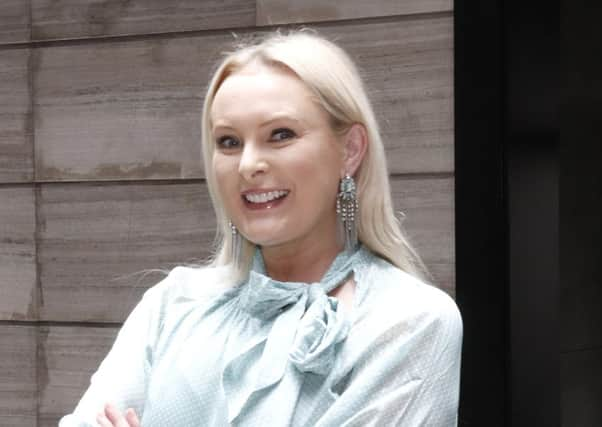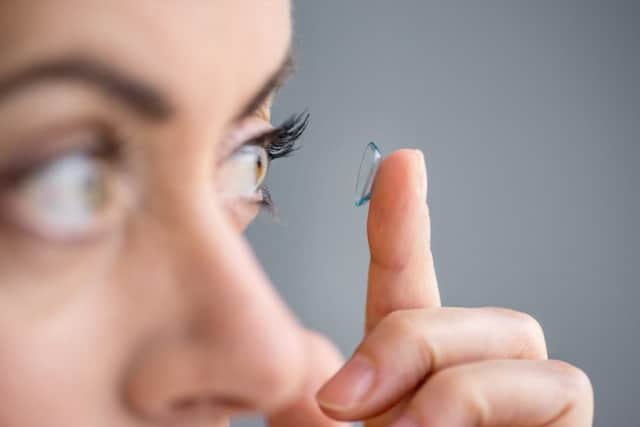Former Scots broadcaster wants to end plastic pollution from contact lenses


Former radio and television presenter Heather Suttie, from Glasgow, was instrumental in campaigning for a carrier bag charge and is a champion for sustainable fashion and upcycling.
Now she has turned her energy to fighting the blight of discarded contact lenses, which are contributing to the increasing mountain of plastic waste littering the planet and harming wildlife.
Advertisement
Hide AdShe says the problem is often overlooked, but plays a significant part in the rapidly growing pile of synthetic waste escaping into the environment.


Around 125 million people worldwide wear contact lenses, between them throwing away an estimated 100 billion lenses annually – including almost 800 million in the UK alone.
But research suggests one in four wearers, probably more, chucks their used lenses down the toilet or sink rather than recycling them.
These little pieces of plastic take at least 500 years to decompose in landfill, potentially leaking pollutants into soil and water.
In the sewage system they break down into tiny fragments – microplastics – which wash into the sea, where they pose a significant threat to marine creatures.
Suttie, who launched the successful Say No to Plastic carrier bag campaign in 2007, said: “This is something most people just aren’t aware of. There is a lot of scientific research which states that huge amounts of people are just flushing lenses down the loo or sink without thinking about the impacts.
Advertisement
Hide Ad“There are 4.2 million people in the UK who wear contact lenses – 780 million used lenses are going down the drain or ending up in the bin every year. That to my mind is catastrophic.
“People think because they’re small they don’t matter, but over time that mounts up.
“We have all become so used to living in this culture where everything is convenient, easy and cheap and that must be addressed.”